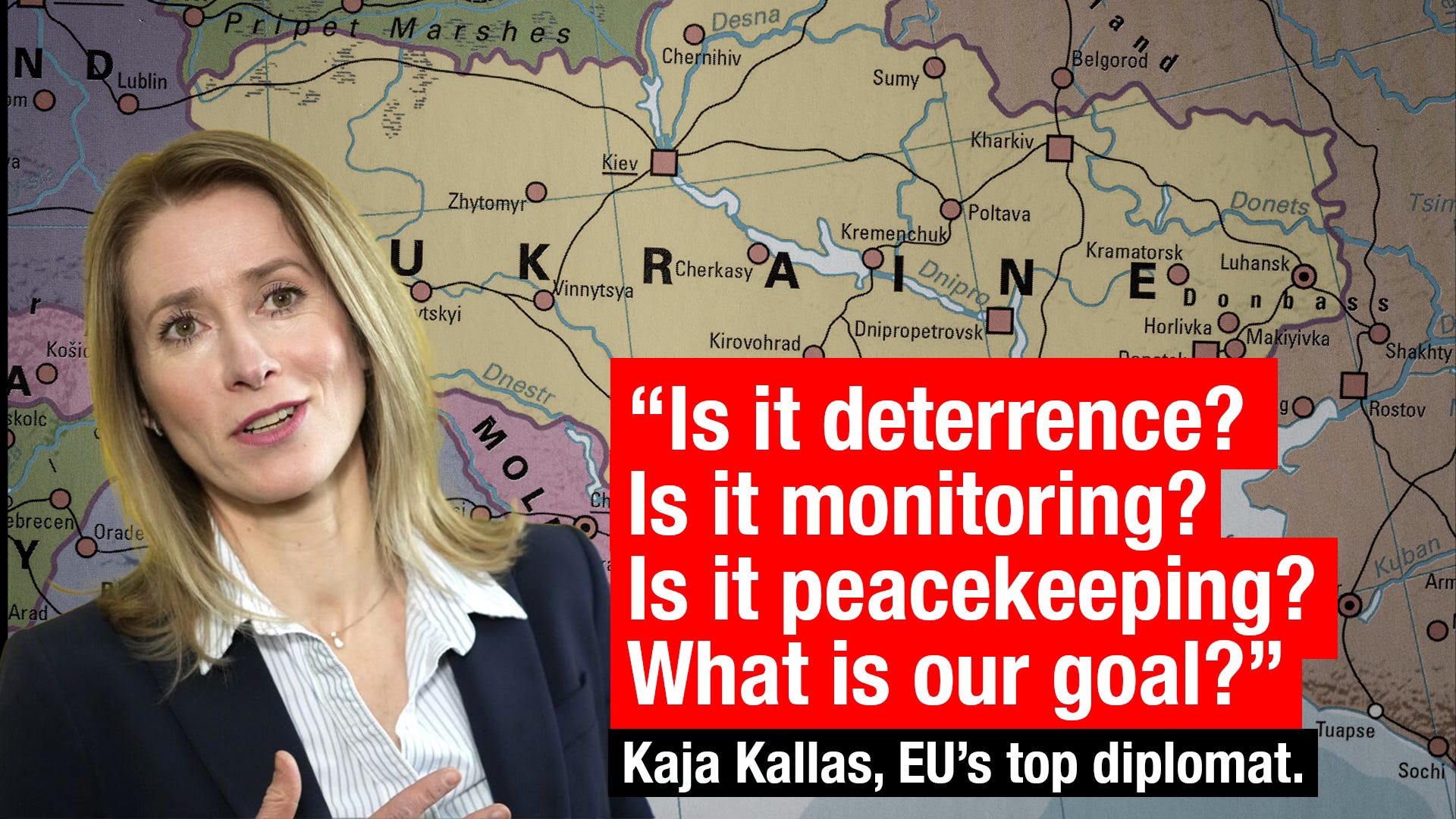Legal Ambiguity Clouds Proposed Ukraine Deployment
A proposed five-year British military deployment to Ukraine risks entangling troops in a legal quagmire, with fundamental questions about the mission's framework still unanswered despite advanced plan
British troops face potential legal jeopardy under plans to deploy forces to Ukraine for up to five years, as crucial questions about their mandate, rules of engagement, and legal protections remain dangerously undefined.
As reported in the Telegraph (10/4/25), while military planners envision a "coalition of the willing" to uphold post-conflict peace, fundamental questions about the force's mandate remain unanswered.
Estonia's Kaja Kallas, the EU’s top diplomat, crystallised these concerns, asking: "For any reassurance force, then also we need to know what it is really about? Is it deterrence? Is it monitoring? Is it peacekeeping? What is our goal?" This uncertainty was echoed by Sweden's defence minister, Pal Jonson, highlighting broader apprehension among potential participating nations.
The absence of clear operational parameters poses significant risks. Without defined rules of engagement and a robust legal framework, deployed troops could face years of lawfare that has plagued previous military interventions.
The absence of American involvement, traditionally crucial for establishing legal and operational protocols for multinational forces.
While Defence Secretary John Healey outlined four broad objectives — securing skies and seas, supporting peace on land, and regenerating Ukrainian forces — the specific legal authorities and protections for deployed troops remain undefined. This ambiguity could leave military personnel exposed to legal challenges long after their deployment ends.
The spectre of Northern Ireland looms large over these discussions. Decades after their peacekeeping deployment, British veterans continue to face legal challenges and investigations over their actions during The Troubles, with some cases emerging 40 years after the events in question.
This prolonged legal exposure has taken a devastating toll on servicemen and their families, creating what veterans' groups describe as a "never-ending cycle of investigation and reinvestigation."
The proposed five-year timeline in Ukraine, coinciding with intelligence assessments of Russia's potential military reconstitution, adds urgency to resolving these legal and operational questions.
Without clear mandates and protections, what begins as a peacekeeping mission risks subjecting another generation of British soldiers to decades of human rights lawfare — a legacy that continues to haunt Northern Ireland veterans to this day.


